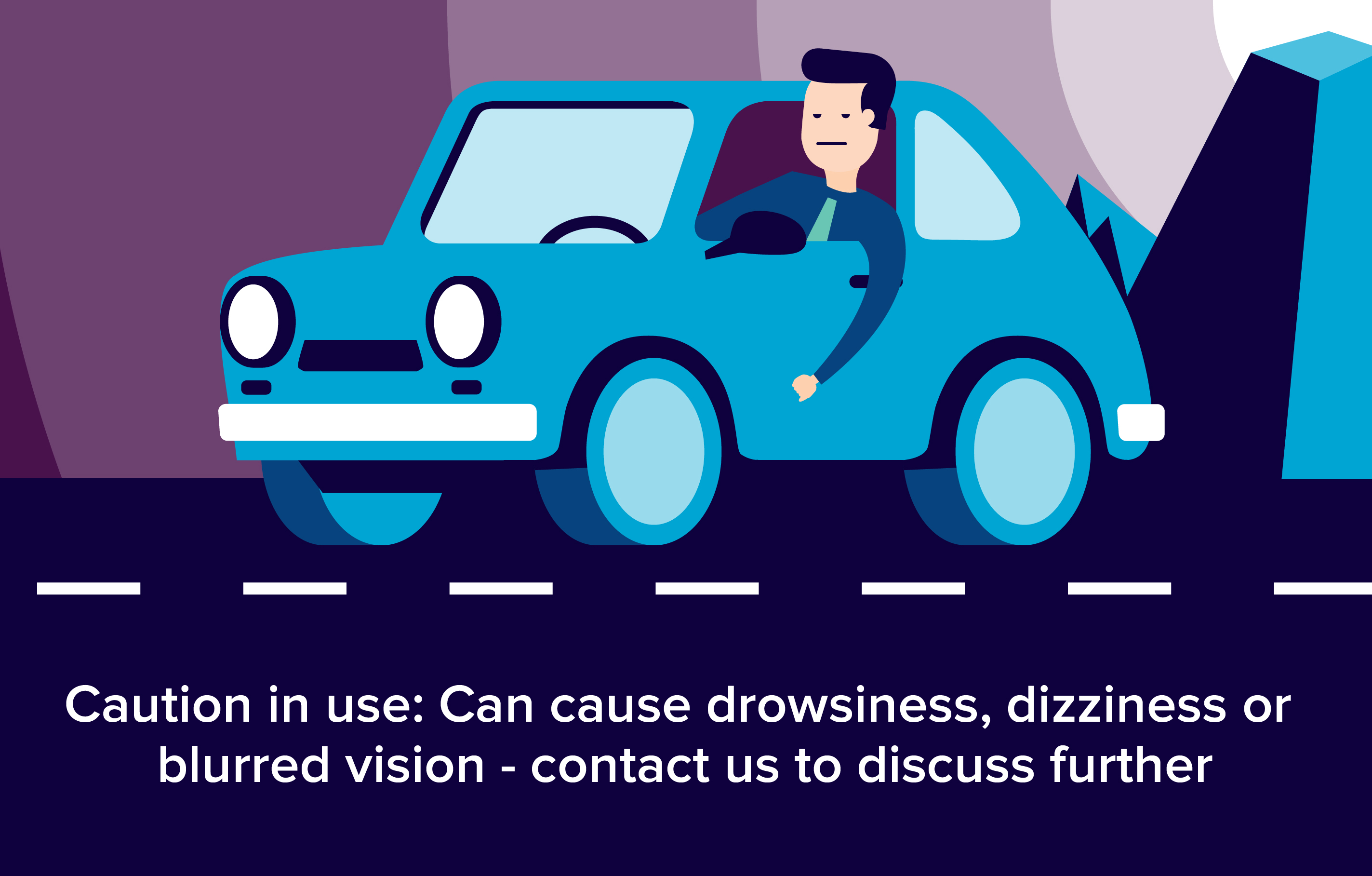Tarceva is a medicine used to treat cancer in the lung and in the pancreas.

Why have I been prescribed Tarceva?
This medicine can be prescribed to you if you have non-small cell lung cancer at an advanced stage.
It can be prescribed either if your disease remains largely unchanged after initial chemotherapy, or if previous chemotherapy has not helped to stop your disease.
This medicine can also be prescribed to you in combination with another treatment called gemcitabine if you have cancer of the pancreas at a metastatic stage.
How does it work?
- Tarceva is a medicine used to treat cancer by preventing the activity of a protein called epidermal growth factor receptor.
- This protein is known to be involved in the growth and spread of cancer cells.
When and how do I take it?
The tablet should be taken at least one hour before or two hours after the ingestion of food.
What’s the dose?
- The usual dose is one tablet of Tarceva 150 mg each day if you have non-small cell lung cancer.
- The usual dose is one tablet of Tarceva 100 mg each day if you have metastatic pancreatic cancer.
- Tarceva is given in combination with gemcitabine treatment.
Your doctor may adjust your dose in 50 mg steps. For the different dose regimens Tarceva is available in strengths of 25 mg, 100 mg or 150 mg.
Could it interact with other tablets?
Please tell your doctor or pharmacist if you are taking or have recently taken any other medicines, including medicines obtained without a prescription..
Herbal products should also only be taken after talking with your doctor.
What are the possible risks or side-effects?
Like all medicines, Tarceva can cause side effects.
Very common side effects (occurring in more than 1 out of 10 patients) are:
- rash and diarrhoea as well as itching
- dry skin
- loss of hair
- eye irritation due to conjunctivitis/keratoconjunctivitis
- loss of appetite
- decreased weight
- nausea
- vomiting
- mouth irritation
- stomach pain
- indigestion
- flatulence
- tiredness
- fever
- rigors
- difficulty in breathing
- cough
- infection
- headache
- altered skin sensation or numbness in the extremities
- depression and abnormal blood tests for the liver function
In rare cases (occurring in less than 1 out of 1000 patients):
- liver failure was observed
If your blood tests indicate severe changes in your liver function, your doctor may need to interrupt your treatment. Persistent and severe diarrhoea may lead to low blood potassium and kidney failure, particularly if you receive other chemotherapy treatments at the same time. If you experience more severe or persistent diarrhoea contact your doctor immediately as your doctor may need to treat you in the hospital.
Rash may occur or worsen in sun exposed areas. If you are exposed to sun, protective clothing, and/or use of sun screen (e.g. mineral-containing) may be advisable.
Common side effects (occurring in less than 1 out of 10 patients) are:
- cracked skin (skin fissures)
- bleeding from the stomach or the intestines and bleeding from the nose
- eye irritation due to keratitis
Contact your doctor as soon as possible if you suffer from any of the above side effects. In some cases your doctor may need to reduce your dose of Tarceva or interrupt treatment.
An uncommon serious side effect (occurring in less than 1 out of 100 patients) is a rare form of lung irritation called interstitial lung disease. This disease can also be linked to the natural progression of your medical condition and can have a fatal outcome in some cases. If you develop symptoms such as sudden difficulty in breathing associated with cough or fever contact your doctor immediately as you could suffer from this disease. Your doctor may decide to permanently stop your treatment with Tarceva.
Can I drink alcohol while taking it?
- There are no known interactions between alcohol and Tarceva.
- Always ask you doctor or pharmacist however as other medications you are taking may have a bearing on this.
What if I’m pregnant/breastfeeding?
- Avoid pregnancy while being treated with Tarceva. If you could become pregnant, use adequate contraception during treatment, and for at least 2 weeks after taking the last tablet.
- If you become pregnant while you are being treated with Tarceva, immediately inform your doctor who will decide if the treatment should be continued.
- Ask your doctor or pharmacist for advice before taking any medicine.
Do not breast-feed if you are being treated with Tarceva.
If you have any more questions please ask your Pharmacist.
Remember to keep all medicines out of reach of children
Please Note: We have made every effort to ensure that the content of this information sheet is correct at time of publish, but remember that information about drugs may change. This sheet does not list all the uses and side-effects associated with this drug. For full details please see the drug information leaflet which comes with your medicine. Your doctor will assess your medical circumstances and draw your attention to any information or side-effects which may be relevant in your particular case.
References:
https://en.wikipedia.org/wiki/Erlotinib
http://www.tarceva.com/patient/
http://www.drugs.com/tarceva.html
http://www.cancerresearchuk.org/about-cancer/cancers-in-general/treatment/cancer-drugs/erlotinib
http://chemocare.com/chemotherapy/drug-info/Tarceva.aspx

